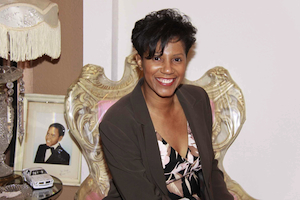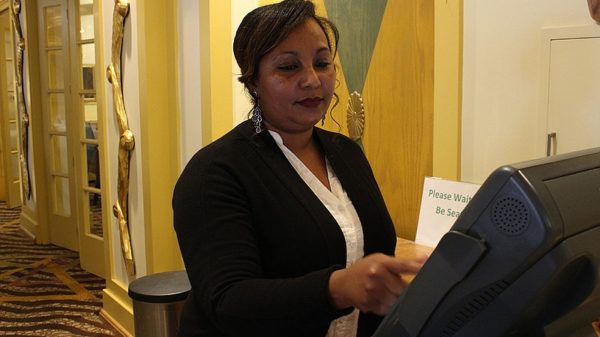Money Matters, Now And Later
TIM, Making Money,Sherice L. Bellamy
 If you grew up in the same era as I (back in the days of penny candy) whenever you hear the phrase Now and Later, your mouth begins to tart as you reminisce about the taste of your favorite flavor of taffy-like candy when your only choices were strawberry, apple or grape. As you allow yourself to go back in time, your mind begins to wander and you get visions of the neighborhood candy store (located in the living room of the house next door) where one dollar could buy enough penny candy to last you all week. Those were the days! We won’t discuss the value of today’s dollar, but, these days, now and later can only refer to one thing “ saving now or regretting it later.”
If you grew up in the same era as I (back in the days of penny candy) whenever you hear the phrase Now and Later, your mouth begins to tart as you reminisce about the taste of your favorite flavor of taffy-like candy when your only choices were strawberry, apple or grape. As you allow yourself to go back in time, your mind begins to wander and you get visions of the neighborhood candy store (located in the living room of the house next door) where one dollar could buy enough penny candy to last you all week. Those were the days! We won’t discuss the value of today’s dollar, but, these days, now and later can only refer to one thing “ saving now or regretting it later.”
As if managing the day-to-day living expenses is not challenging enough, everywhere you turn financial institutions are reminding you to save now for something you’ll need or want later. That something is usually a college education, a home, a business, or a retirement. It can be any of a number of things you may desire to make life more pleasant for you and your family. Immediate needs often consume your thoughts making it difficult or next to impossible to focus on the future, particularly when there are so many unfulfilled needs in the present. The truth of the matter, however, is the future is going to come whether you are prepared or not. The goal is to be present to experience it and be prepared to enjoy it.
are the beginning of saving. Develop a consciousness about where and how you spend your money. We often think we need a lot of money before we can begin thinking about saving. Years ago, an older and much wiser woman once told me to save at least $10.00 out of every pay check that I received. I boldly stated that $10.00 is nothing. And in the most calm and motherly voice she could manage, she stated, Ten dollars will make a fool out of nothing. This same wise woman told me it’s not what you make, but what you do with what you have.
Discretionary funds may be limited, but there are simple cost-saving strategies that you may implement to eliminate waste in your wallet, so that you may begin or increase your savings. Create a budget and log income and expenses. Start simple by reducing your incidental spending. It’s the small everyday expenses that add up, because we generally don’t track them. Here are some simple everyday expenses that, if managed, can be reduced or eliminated to get you on your way to healthy saving habits:
- Dining out: cook at home more often and brown bag your lunch
- Dry cleaning: buy washables or use Dryel sheets
- Water: fill five gallon bottles for $.25
- Coffee: make your coffee at home and carry a thermos
- Auto Insurance: shop for a more competitive rate
- Gasoline: drive less, car pool and/or utilize public transportation
- Grocery Bill: use coupons; buy in bulk and purchase generic and store brand items
- Communications: switch cell phone carriers for the best rate
- Car Wash: wash your own car
- Club memberships: cancel unused memberships and automatic debit accounts.
- Cable/satellite: cancel channels that you do not watch
- Magazine subscriptions: be selective; swap with friends; use the library
- Bank fees: establish a relationship with a bank or credit union that offers free accounts and use the servicing bank’s ATM only to avoid fees.
- Mortgage Payments: consult an attorney to discuss whether or not the new laws implemented through President Obama’s Economic
- Recovery Plan may allow you an opportunity to reduce your mortgage payments.
- Property taxes: consult a tax professional or the office of your city tax collector for details on how to reassess your property taxes
- Income taxes: consult a tax professional to ensure that you are taking advantage of all of the tax credits available to you; if you are self-employed or own a business, get a list of all of the business deductions to which you are entitled
Consult a banker or other financial advisor to assist you with identifying wealth-building strategies and developing a comprehensive financial plan that will help you achieve your specific financial goals.
Sherice L. Bellamy, SLB Associates, provides business planning and development services to small businesses and entrepreneurs.









